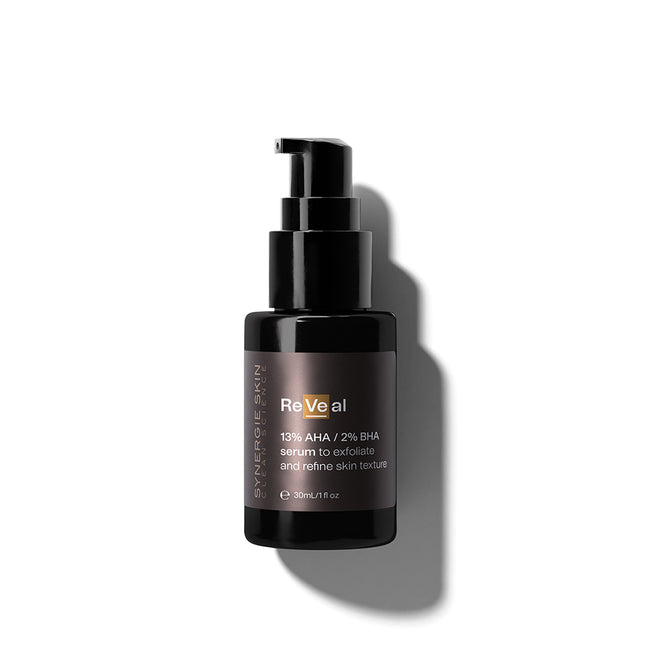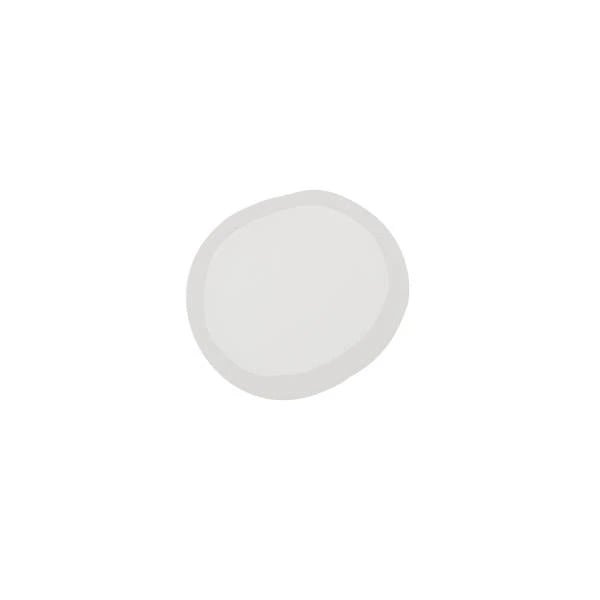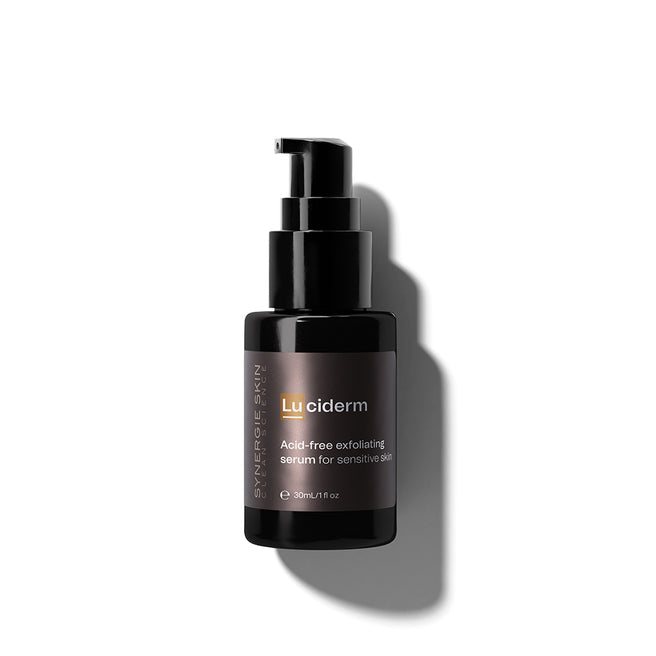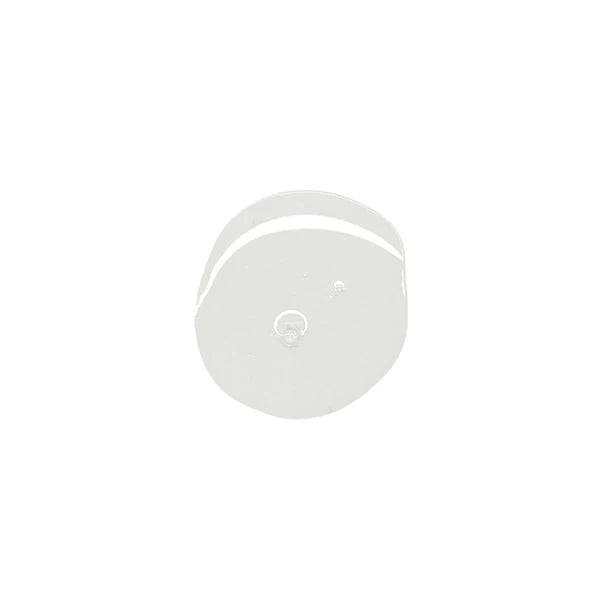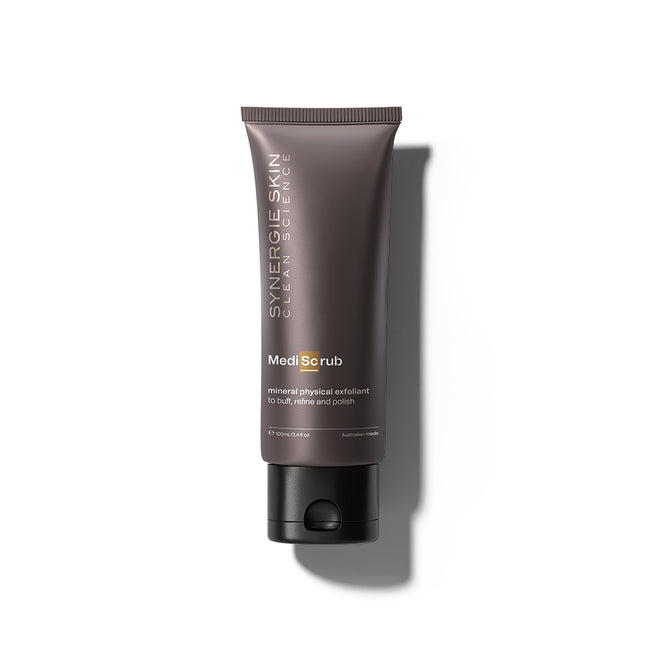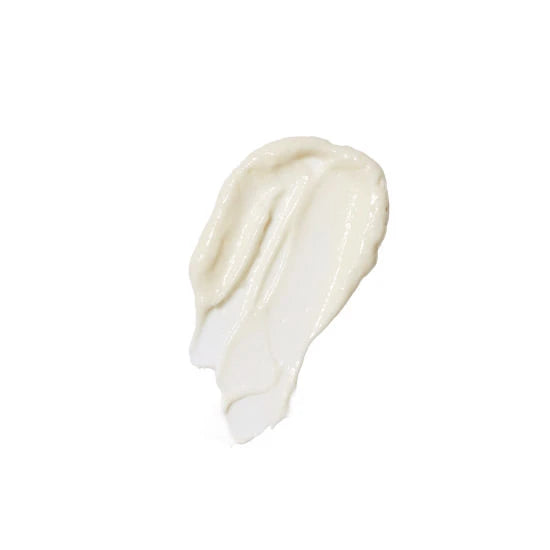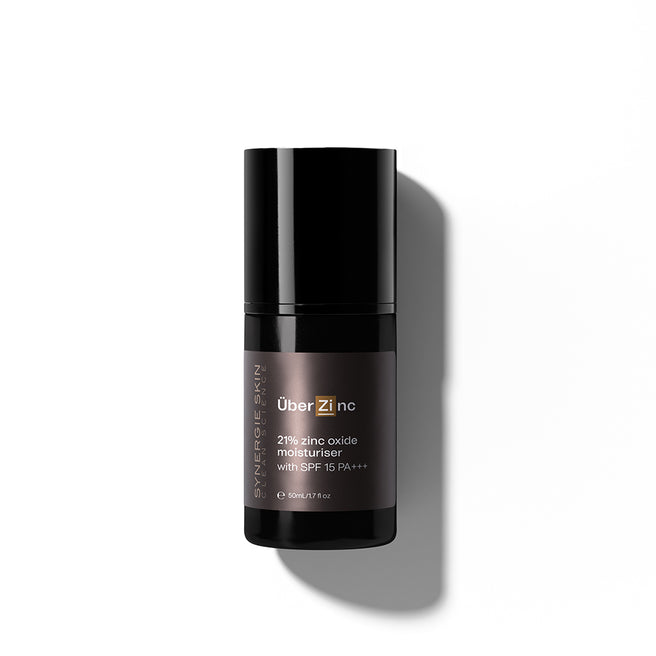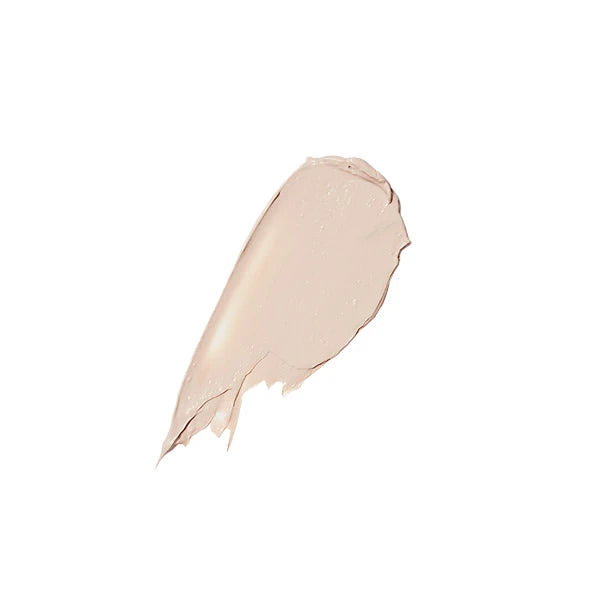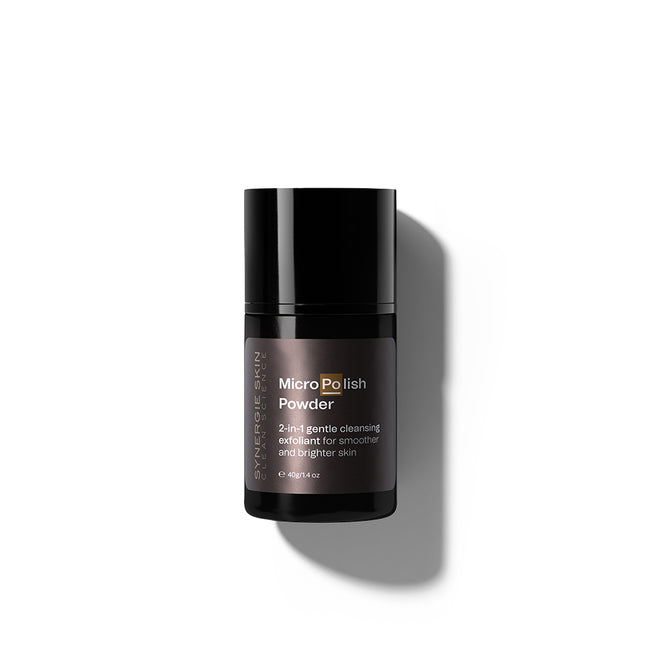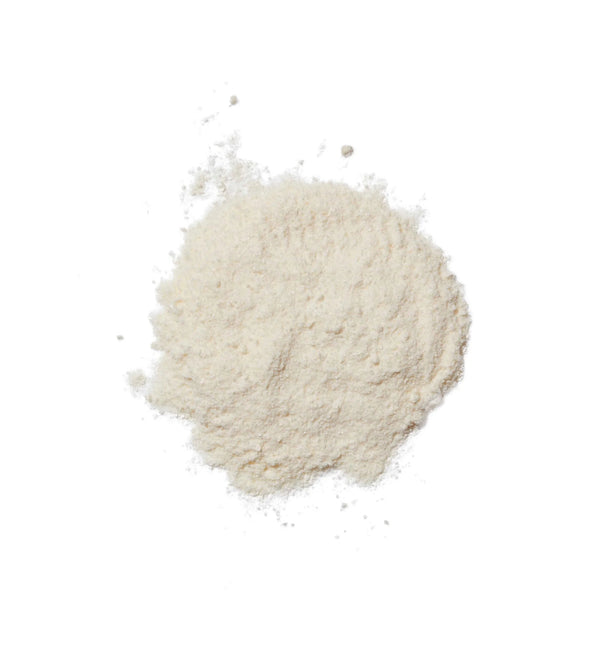Exfoliation is an important process when it comes our skin health. Our skin is designed to exfoliate naturally. In fact, we create a whole new skin surface every 30 days as healthy young adults. However, as we age, this process slows down. So, let’s get beneath the surface and understand the importance of exfoliation in our skincare routines:

What is exfoliation?
Exfoliation is the removal of dead surface skin cells that cling to the skin’s outermost surface and become trapped in the pores. As we age, the natural process of exfoliation becomes slow and we end up with a rough, uneven, and dull skin surface. This is where exfoliation comes into your skincare routine.
Younger acne sufferers or those with conditions such as eczema or psoriasis have the opposite problem. They have an overproduction of new skin cells. With acne sufferers, excess surface cells are trapped in the pores and these become blackheads, whiteheads and pimples if there is excess oil and bacteria present on the pore.
Why exfoliate?
If our natural processes of exfoliation are disrupted, we need to rely on additional external exfoliation methods to improve the condition of our skin. It’s important to remove dead surface skin to encourage new cell production, as this sends a message to the cells deeper down to reproduce fresh new cells. Exfoliation also removes pigmented, sun-damaged skin cells, helps to unclog pores, and clarifies skin with acne.
What exfoliants can be used in my skin routine?
There are 4 broad types of exfoliation. Your skin type will determine the best type of exfoliant for your skin:
1. Chemical Exfoliants
Chemical exfoliants usually come as a serum, such as Synergie Skin’s ReVeal. ReVeal contains alpha hydroxy acids (AHAs such as lactic, malic or mandelic acid) to help remove dead surface cells and improve natural moisture levels, and beta hydroxy acids (BHAs such as salicylic acid) to help unclog pores and reduce inflammation. ReVeal will also remove surface UV damage and uneven skin tone whilst reducing fine lines and promoting hydration.
For sensitive skin or those who suffer from rosacea and eczema, an acid-free chemical exfoliant is ideal. Synergie Skin’s Luciderm enhances the skin’s natural enzyme activity to exfoliate dead surface cells to eliminate rough, flaking skin and promote a luminous and more even skin tone and texture.
2. Physcial Exfoliants
Physical exfoliants are scrubbing agents that physically remove the surface dead cells, such as Synergie Skin’s MediScrub. There are many materials used for physical exfoliation, such as botanical husks, coffee grinds, sugar and salt. One of my favourite physical scrub agents is aluminium oxide (corundum) crystals, the same material used in microdermabrasion machines, which effectively remove surface roughness, blackheads and dead skin build-up, particularly around the T-zone.
Bonus: My at-home Minipeel
If you would like to indulge in a home MiniPeel for turbocharged overnight exfoliation, I suggest mixing Synergie Skin’s ReVeal with Pure-C crystals. Thoroughly cleanse using MicroPolish Powder then mix 4-parts ReVeal with 1-part Pure-C crystals and leave overnight.
Note: This MiniPeel is not suitable for sensitive skin. Do not use retinol or vitamin B3 that night as the acidity of this MiniPeel will deactivate the vitamin A and B serums.




